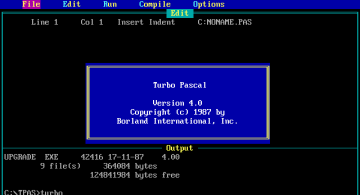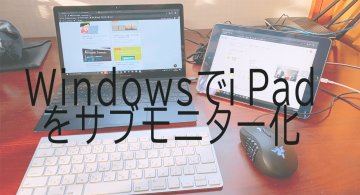Apple / Mac
Hello, Kitty!
sascha
 The world is constantly changing, and for new things to take over the Old and the Obsolete has to give way. Especially software is evolving and improving rapidly. In new versions, usually lots of features are added, some compatibilities are dropped (because only the strong survive). A very prominent new software revision has been released in the last week in the form of Apple Inc’s OS X Lion operating systems.
The world is constantly changing, and for new things to take over the Old and the Obsolete has to give way. Especially software is evolving and improving rapidly. In new versions, usually lots of features are added, some compatibilities are dropped (because only the strong survive). A very prominent new software revision has been released in the last week in the form of Apple Inc’s OS X Lion operating systems.
Since we at Eyes, JAPAN are always working on the edge of development, of course some machine have undergone updates already. And it has been a very stable update so far, no big problem or incompatibilities of our important software products we’re using.
But this post is not going to be a report about which software appeared to be compatible or not. I’d like to talk a bit about the quite radical changes that were introduced with the release of this version of OS X.
The first feature is the needlessness of a “save” feature in OS X Lion applications. Instead of the user having to constantly worry about saving the changes he made, just in case an application crashes or a stupid mistake has been made, the system will automatically save the file and keep a history of the changes made. With this it is even possible to revert to an earlier state of the document the user is working on.
Another feature which has the potential of radically changing the way we are using computers is that the system is constantly observing which applications are active and used and how much free resources your computer has left. In case your memory is clogged with lots of open application, the operating system will automatically kill applications that are in the background and not used. It will still show up in your Dock and when switching through applications to not disturb the experience, but the resources are free for more actively used application to be consumed.
Besides of these two changes there is a lot more new stuff. For the more curious I recommend John Siracusa’s excellent review of OS X Lion over at Ars Technica.
 2023/07/07
2023/07/07 2022/10/07
2022/10/07 2020/04/03
2020/04/03 2018/06/29
2018/06/29 2018/06/22
2018/06/22 2018/06/20
2018/06/20 2018/06/06
2018/06/06 2018/05/31
2018/05/31